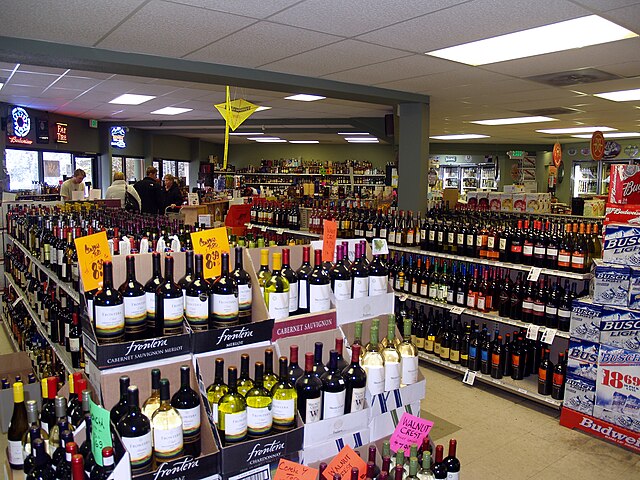Cannabinol (CBN) is a mildly psychoactive cannabinoid that acts as a low affinity partial agonist at both CB1 and CB2 receptors. This activity at CB1 and CB2 receptors constitutes interaction of CBN with the endocannabinoid system (ECS).
In the brain, the canonical mechanism of CB1 receptor activation is a form of short-term synaptic plasticity initiated via retrograde signaling of endogenous CB1 agonists such as 2AG or AEA (two primary endocannabinoids).
A psychoactive drug, psychopharmaceutical, psychoactive agent, or psychotropic drug is a chemical substance that changes the function of the nervous system and results in alterations of perception, mood, cognition, and behavior. These substances have various applications, including medical use like psychedelic therapy, recreationally, or for spiritual reasons. Some categories of psychoactive drugs may be prescribed by physicians and other healthcare practitioners because of their therapeutic value.
An assortment of psychoactive drugs, including both street drugs and medications: Cocaine Crack cocaine Methylphenidate (Ritalin) Ephedrine MDMA (ecstasy) Peyote (mescaline) LSD blotter Psilocybin mushroom (Psilocybe cubensis) Salvia divinorum (salvinorin A) Diphenhydramine (Benadryl) (Unscheduled drug) Amanita muscaria mushroom (muscimol) Tylenol 3 (acetaminophen/codeine) Codeine with muscle relaxant Pipe tobacco (nicotine) (Unscheduled drug) Bupropion (Unscheduled drug)
Alcohol is a widely-used psychoactive drug. The global alcoholic drinks market was expected to exceed $1 trillion in 2013. Beer is the world's third-most popular drink, after water and tea.
Zoloft (sertraline) is an SSRI antidepressant.
Historical image of legal heroin bottle





